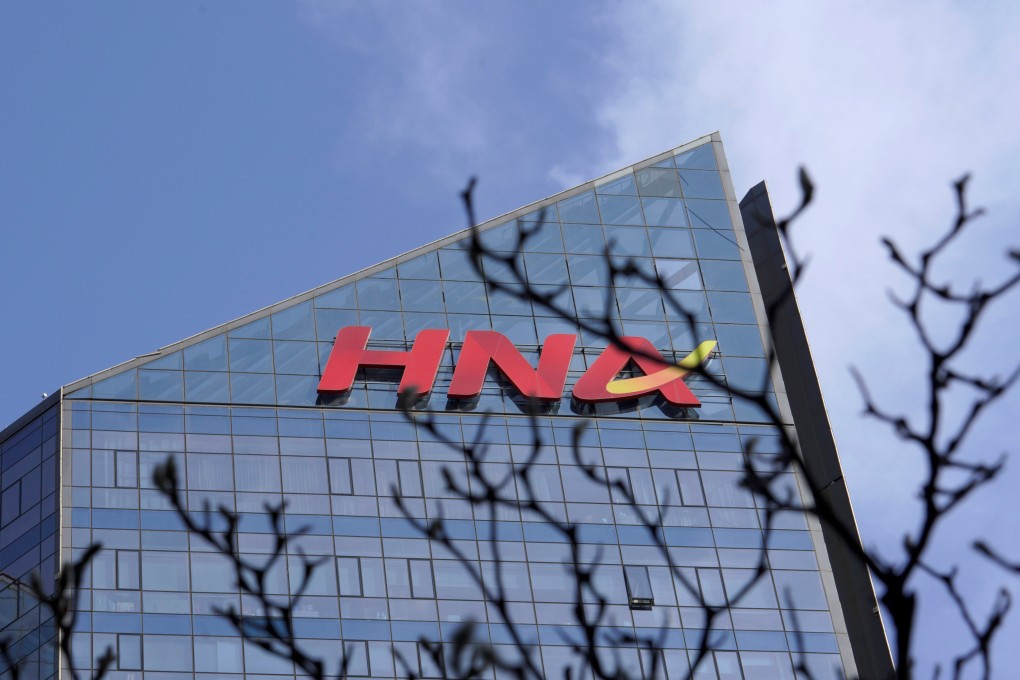HNA Group enters bankruptcy restructuring as China’s largest asset buyer succumbs to debt after decade-long shopping spree
- HNA Group had at least 1 trillion yuan (US$154.8 billion) of assets as recently as 2017, with at least 500 billion yuan of debt
- HNA Group would cooperate with the court’s review, push forward with the debt restructuring work and support the court to protect the legitimate rights and interests of creditors, the company said

The company, based in the Hainan provincial capital of Haikou, was served with a petition on January 29 in the provincial High Court seeking its bankruptcy and for it to undergo restructuring, HNA Group said in a statement on its WeChat account.
The company will cooperate with the court’s review, push forward with the debt restructuring work and support the court to protect the legitimate rights and interests of creditors, HNA Group said. Company executives could not be reached to elaborate.
HNA Group was established on the foundations of Hainan Airlines in 1993 by Chen Feng, who worked for the civil aviation authority before going into business. With a handful of aircraft, Hainan Airlines quickly built a business flying holiday makers and Russian tourists from China’s frigid north to the country’s sole tropical island, long regarded as “China’s Hawaii” for its tropical beaches, azure waters and holiday resorts.

The airline, which stood out from its peers for its punctuality, in-flight service and new fleet, quickly expanded. It counted financier George Soros as its largest foreign shareholder, and ventured into logistics, tourism and real estate. By 2017, the group had ballooned into a global conglomerate with 290,000 employees.
Fuelled by bank loans and armed with money earned from its aviation business, HNA Group went shopping, raking up stakes in Hilton Hotels and Resorts, Deutsche Bank and Ingram Micro, among dozens of other brand name assets.